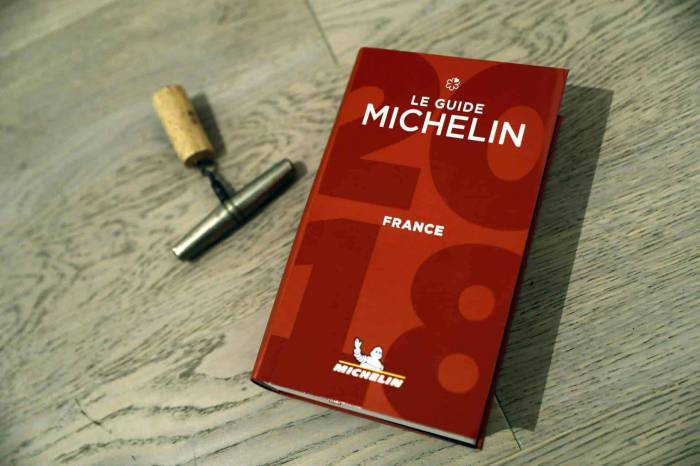Michelin Guide Expands Into Wine Rankings Amid Global Diversification
New initiative builds on Michelin’s reputation in gastronomy, following recent hotel rankings and digital platform growth worldwide
2025-10-13

The Michelin Guide, known worldwide for its annual restaurant star ratings, is preparing to launch a new wine ranking system. The announcement was made by Gwendal Poullennec, the guide’s director, during a press event. While specific details about the timeline and criteria for the wine ranking have not been disclosed, the move marks another step in Michelin’s diversification strategy, following the introduction of its hotel ranking system just over a year ago.
Florent Menegaux, CEO of Michelin, highlighted that the company has owned Robert Parker Wine Advocate, a respected name in wine criticism, since 2019. He emphasized that the Michelin brand is much more powerful globally, but clarified that the Robert Parker name will not be phased out in favor of Michelin. The company’s expansion into wine evaluation builds on its existing expertise and reputation in the world of gastronomy.
Michelin’s recent business moves reflect a broader shift in its strategy. In 2018, the company acquired Tablet Hotels, a specialist in boutique and luxury hotel recommendations and reservations. This acquisition enabled Michelin to enter the hotel booking sector, with its first hotel ranking, the Michelin Keys, launched in France in April 2024. The guide’s first global hotel awards were set to be announced on Wednesday evening.
The Michelin Guide, which celebrates its 125th anniversary this year, has undergone significant changes over the past two decades. Once facing financial difficulties in the early 2000s, the guide is now profitable and generates enough revenue to invest in new ventures. The guide has expanded its presence to 70 countries and has embraced digital platforms, making its restaurant and hotel selections available online and through a mobile app.
Gwendal Poullennec explained that the printed guide is still available in traditional markets, but it now represents a minor part of Michelin’s business model. The main sources of revenue are partnerships with governments and brands seeking to promote their destinations, as well as hotel reservations. Michelin currently has paid partnerships with 40 countries, including Saudi Arabia, which will see its first restaurant selection at the end of the year. These partnerships can also extend to accommodations.
The hotel ranking system introduced by Michelin evaluates properties using anonymous inspectors, similar to its restaurant process. Hotels that receive Michelin Keys can opt into the guide’s reservation system, which is also open to hotels not awarded a key. Michelin charges a commission of 10 to 15 percent for bookings, a rate lower than those of major hotel booking platforms, according to Poullennec. This commission structure is more lucrative than the guide’s restaurant reservation partnerships with platforms like The Fork or Open Table.
The new wine ranking initiative is expected to leverage Michelin’s established credibility and global reach. The company’s leadership insists on a strict separation between its commercial and selection teams to maintain the integrity of its awards. As Michelin continues to expand its influence in the worlds of gastronomy, hospitality, and now wine, industry observers are watching closely to see how the new wine ranking will shape perceptions and choices among consumers and professionals alike.
Founded in 2007, Vinetur® is a registered trademark of VGSC S.L. with a long history in the wine industry.
VGSC, S.L. with VAT number B70255591 is a spanish company legally registered in the Commercial Register of the city of Santiago de Compostela, with registration number: Bulletin 181, Reference 356049 in Volume 13, Page 107, Section 6, Sheet 45028, Entry 2.
Email: [email protected]
Headquarters and offices located in Vilagarcia de Arousa, Spain.